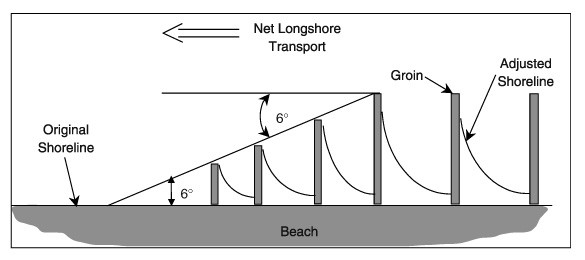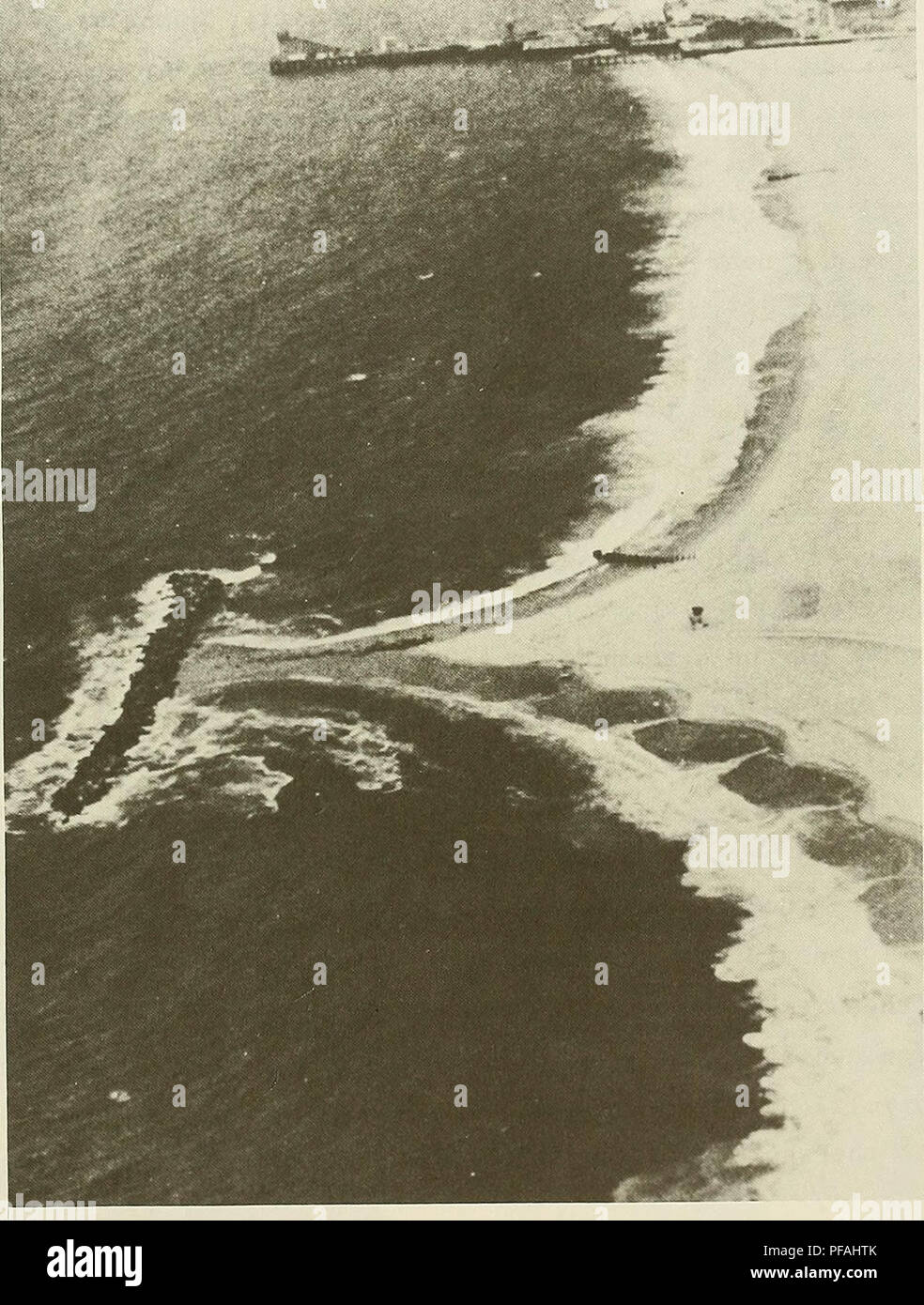8 Easy Facts About Shore Protect Team Shown
Table of ContentsExamine This Report on Shore Protect TeamShore Protect Team - The Facts8 Easy Facts About Shore Protect Team ShownThe Single Strategy To Use For Shore Protect TeamSee This Report on Shore Protect TeamThe Facts About Shore Protect Team RevealedNot known Incorrect Statements About Shore Protect Team
Decline in property value: As the location tourism is influenced by erosion, so then is the economic situation. Buyers are much less likely to browse for a coastline residence that might be ruined anytime by the impending flooding and erosion emergency situation. Subsequently, residential or commercial property worth can go down tremendously and influence the whole area.Whether a beach is just little and congested or needs to close completely for the security of the ecosystem and nearby residential properties, this greatly impacts tourism. Consequently, local economies are influenced (https://comicvine.gamespot.com/profile/shrprtcttm/). Risk of injury: The raised danger of flooding and architectural failures triggers an increased danger of injury to neighboring travelers and area participants

Coastline stablizing is directly relevant to their job. Waterfront hotels: Due to the fact that shoreline disintegration influences tourism, it influences the success of beachfront hotels.
8 Easy Facts About Shore Protect Team Described
Coastal business organizations: No vacationers implies no service. Coastal state parks: State parks that exist along shorelines are at danger of damage.
Soft stablizing is a better service for the atmosphere and more lasting overall. Hard stabilization uses man-made frameworks as security to regulate erosion. Generally, these frameworks are installed at right angles or parallel to quit sand motion and decrease the force of waves. Many forms of difficult stabilization like seawalls and sheet steel are not excellent for shoreline stablizing.
Some Ideas on Shore Protect Team You Should Know
There's additionally not nearly enough evidence of their efficiency relying on the type of coastline and neighborhood problems. Difficult stablizing methods tend to be a lot more challenging to set up and do not match the all-natural aesthetic, standing out like a sore thumb and damaging regional ecological communities in numerous situations. Beach nutrients is the procedure of including shed sand and sediment back to coastlines after disintegration has actually occurred.
TrapBags aid in the procedure of coastline nutrients by protecting natural environments and allowing plants to expand. While this procedure can be costly and is not permanent, the pros tend to surpass the disadvantages. TrapBag obstacles deal many buildings that make them suitable for seaside and riverbank erosion defense. They're: Eco-friendly: You can utilize native soil both to surround and to load the TrapBags.

Our Shore Protect Team Ideas
Easy to mount: Ease of installation means TrapBags can be released promptly in case of an emergency. They can additionally be set up without any kind of hefty machinery. Cost effective: TrapBags are optimal for both small and large areas of coastline. They give an affordable solution to cover projects of any size.
Integrated with a high building price, this has actually led to boosting use other soft engineering seaside management options such as beach replenishment. Seawalls are built from different products, the majority of frequently strengthened concrete, boulders, steel, or gabions. Various other feasible building materials include vinyl, wood, light weight aluminum, fiberglass composite, and naturally degradable sandbags constructed from jute and coir. The appropriate seawall layout depends on location-specific elements, including bordering disintegration procedures. There are 3 major kinds of seawalls: vertical, bent, tipped, and piles (see table listed below). A record published by the United Nations Atmosphere Program (UNEP) suggests that the tidal wave of 26 December 2004 caused less damages in the locations where all-natural obstacles existed, such as mangroves, reef or seaside plants.
All-natural obstacles, such as coral reefs and mangrove woodlands, stop the spread of tidal waves and the circulation of seaside waters and alleviated the flood and rise of water. A cost-benefit approach is an effective way to determine whether a seawall is appropriate and whether the benefits deserve the expenditure.
Unknown Facts About Shore Protect Team
A seawall is a fixed feature which can contrast with the dynamic nature of the shore and impede the exchange of debris between land and sea. The table below sums up some positive and negative results of seawalls which can be utilized when contrasting their performance with various other coastal monitoring alternatives, such as coastline sustenance. [] Benefits and drawbacks of seawalls according to Short (1999) Advantages Downsides Long-term remedy in comparison to soft beach nourishment.

This can trigger coastlines to dissipate, rendering them ineffective for beach goers. Generally, seawalls can be a successful way to manage seaside disintegration, yet only if they are built well and out of products that can stand up to the pressure of continuous wave energy.
The Basic Principles Of Shore Protect Team
The ideal seawall design counts on location-specific aspects, consisting of surrounding disintegration procedures. There are three main sorts of seawalls: vertical, bent, stepped, and mounds (see table listed below). A report released by the United Nations Environment Programme (UNEP) suggests that the tsunami of 26 December 2004 caused less damages in the areas where natural barriers existed, such as mangroves, reef or seaside greenery.
Natural barriers, such as reef and mangrove woodlands, avoid the spread of tsunamis and the circulation of seaside waters and mitigated the flood and surge of water. A cost-benefit approach is a reliable means to identify whether a seawall is ideal and whether the advantages deserve the cost.
The Of Shore Protect Team
A seawall is a static attribute which can contrast with the vibrant nature of the coast and hinder the exchange of debris between land and sea. Benefits and disadvantages of seawalls according to Short (1999) Benefits Drawbacks Lengthy term remedy in comparison to soft beach nutrition.

This can create beaches to dissipate, providing them ineffective for beach goers. Normally, seawalls can be a successful method to manage coastal erosion, yet just if they are created well and out of materials that can endure the pressure of ongoing wave power. Some understanding is needed of the coastal processes and morphodynamics particular to the seawall place.